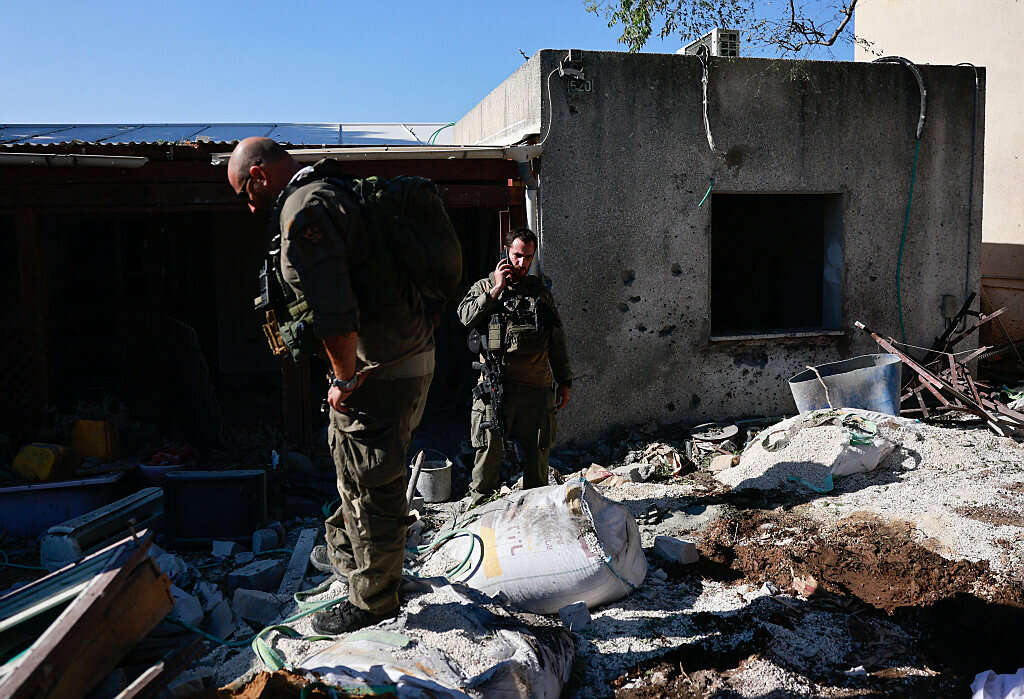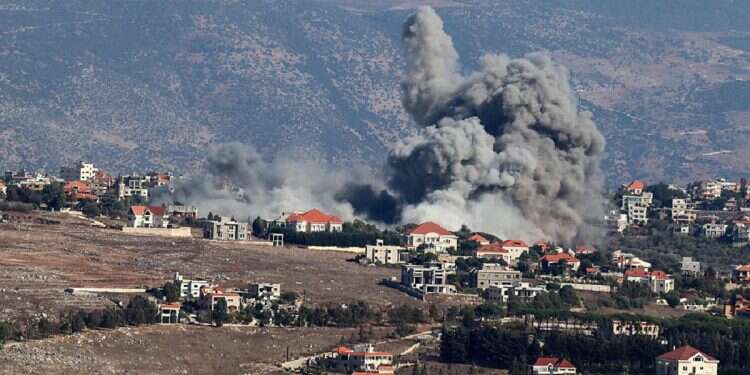In recent days, the IDF has conducted intensive operations throughout Lebanon, targeting terror cells, weapons stockpiles, and Hezbollah leaders in response to hundreds of rockets fired into Israel. Against this backdrop, the IDF Northern Command Chief and the IDF Chief of Staff issued statements on Tuesday confirming the military's preparedness for a ground operation in Lebanon.
While thousands of reservists received immediate call-up orders for the northern border on Wednesday, this force size appears modest for a full-scale ground incursion into Lebanon. However, IDF sources speaking to Makor Rishon revealed that the current troop strength in the Northern Command is more than triple its pre-war levels. Numerous brigades were deployed to the area immediately after Oct. 7 and in subsequent weeks, including the recent arrival of the 98th Division from the Southern Command.
It's crucial to understand that there are several options for the operation's scope, which the political leadership must choose from – ranging from short-term to more extended operations with varying depths of incursion. The plans, which have been adjusted in light of recent strikes against Hezbollah and ongoing attacks, also influence the required force composition. The IDF has been cautious about unnecessary reserve mobilization, with decisions on additional call-ups pending the political echelon's directives.

As for the timing of the ground operation, the IDF emphasizes that both the schedule and the extent of the incursion will be determined by the security cabinet, which is weighing implications across all fronts. According to the IDF's Northern Command, forces have been prepared for the operation for several days, with all units, including mobilized reserve brigades, remaining on high alert.
The IDF has presented to the cabinet the strategic advantage of launching a ground operation shortly after the aeriel campaign that began days ago. A swift follow-up operation would maximize gains and prevent Hezbollah from regrouping, relocating assets, and replenishing ammunition. Nevertheless, the military refrains from committing to a specific timeline, stating that ground forces stand ready to expand operations as per cabinet decisions.
For years, the IDF has prepared to counter Hezbollah's "conquest of Galilee" plan, attributed to its elite Radwan Force. On Oct. 7, they prioritized this threat and significantly bolstered border defenses, apparently thwarting Hezbollah's intentions. Recently, military strategists concluded that offensive actions are necessary to ensure the safe return of displaced northern residents to their homes. This realization sparked last week's operations – including the elimination of Ibrahim Aqil and other Radwan Force commanders, along with strikes on communication devices attributed to Israel, and attacks on rocket warehouses and terror infrastructure across Lebanon. Hezbollah has reportedly suffered over 500 casualties since the conflict's onset.
In the past 48 hours, IDF operations in Lebanon have seen close coordination between the Northern Command, Intelligence Directorate, and Air Force, with the latter striking 1,900 pre-identified targets in the initial phase.
The IDF consistently emphasizes its efforts to minimize civilian casualties in Lebanon, even at the cost of prolonging operations. This approach persists despite evidence that many Lebanese residents knowingly stored Hezbollah's weaponry in their homes for financial gain. These individuals, the IDF notes, were not coerced but actively supported activities aimed at Israel's destruction. The military's emphasis on civilian protection likely aims to garner international support for its Lebanon operations, prompting warnings for Lebanese civilians to distance themselves from weapons caches. Nonetheless, the IDF maintains that mission accomplishment remains the paramount objective and will not be compromised by these considerations.




